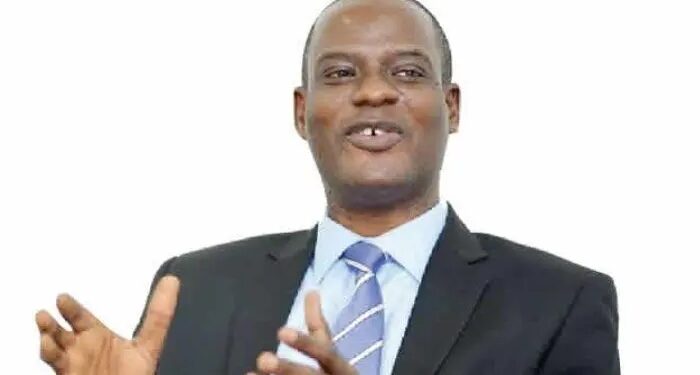The Chairman of the Presidential Committee on Tax Policy and Fiscal Reforms, Mr. Taiwo Oyedele, announced significant proposed changes aimed at reducing the cost of revenue collection and streamlining tax processes in Nigeria. Speaking at a public consultation workshop for journalists and public analysts on Monday, Oyedele highlighted several key recommendations from the committee.
Currently, the Nigeria Customs Service (NCS) deducts about four percent as the cost of revenue collection, while the Federal Inland Revenue Service (FIRS) receives seven percent on non-oil tax receipts. In comparison, countries like South Africa manage to collect higher tax revenues at much lower costs. To address this discrepancy, the committee has proposed reducing the revenue collection costs to one percent or below.
The committee’s draft regulations also aim to exempt essential sectors such as food, education, health, and security from Value Added Tax (VAT). These sectors are crucial for poverty assessment and impact vulnerable Nigerians who often lack the capacity to comply with tax obligations. To compensate for the anticipated 60 percent drop in revenue due to these exemptions, the committee has recommended an upward adjustment in consumption tax.
Furthermore, Oyedele revealed plans to alter the existing VAT sharing formula between the federal and state governments. Under the proposed regime, states would receive 90 percent of VAT revenues, while the federal government would receive 10 percent. Despite this redistribution, the federal government would retain the sole constitutional right to collect VAT, discouraging states from imposing their own consumption taxes. The committee is also working on transferring the VAT function to the exclusive legislative list through constitutional amendments.
The reforms also aim to relieve Nano businesses and low-income earners from tax burdens. Oyedele emphasized that the focus should be on creating prosperity rather than taxing poverty, noting that the informal sector, often perceived as wealthy, lacks the capacity to pay substantial taxes.
Addressing the challenges in export processes, Oyedele highlighted the committee’s efforts to simplify and facilitate business exports. The draft regulations propose abolishing the pioneer status incentive regime, which previously granted tax waivers and holidays to start-ups and other businesses. Existing incentives would be allowed to expire once the new regulations become law.
The proposed reforms are expected to significantly improve tax compliance rates, potentially increasing them to about 90 percent from the current 30 percent. Oyedele stated that the recommendations would also help reduce inflationary pressures and tackle corruption in the tax system by leveraging data for critical intelligence.
Moreover, the committee has recommended rebasing the country’s tax-to-Gross Domestic Product (GDP) ratio to include taxes previously omitted from current calculations. The National Draft Fiscal Policy seeks to consolidate the numerous existing taxes into eight streamlined categories. Currently, there are over 60 approved taxes and more than 200 unofficial taxes, which Oyedele described as nuisance taxes.
In a bid to achieve fiscal federalism, the committee has proposed transforming the FIRS into the Nigeria Revenue Service (NRS). This new entity would become the sole revenue agency in the country, with its board constituted by state representatives.
If adopted, these comprehensive reforms and initiatives are expected to enhance Nigeria’s tax system, reduce collection costs, and improve overall economic efficiency.


